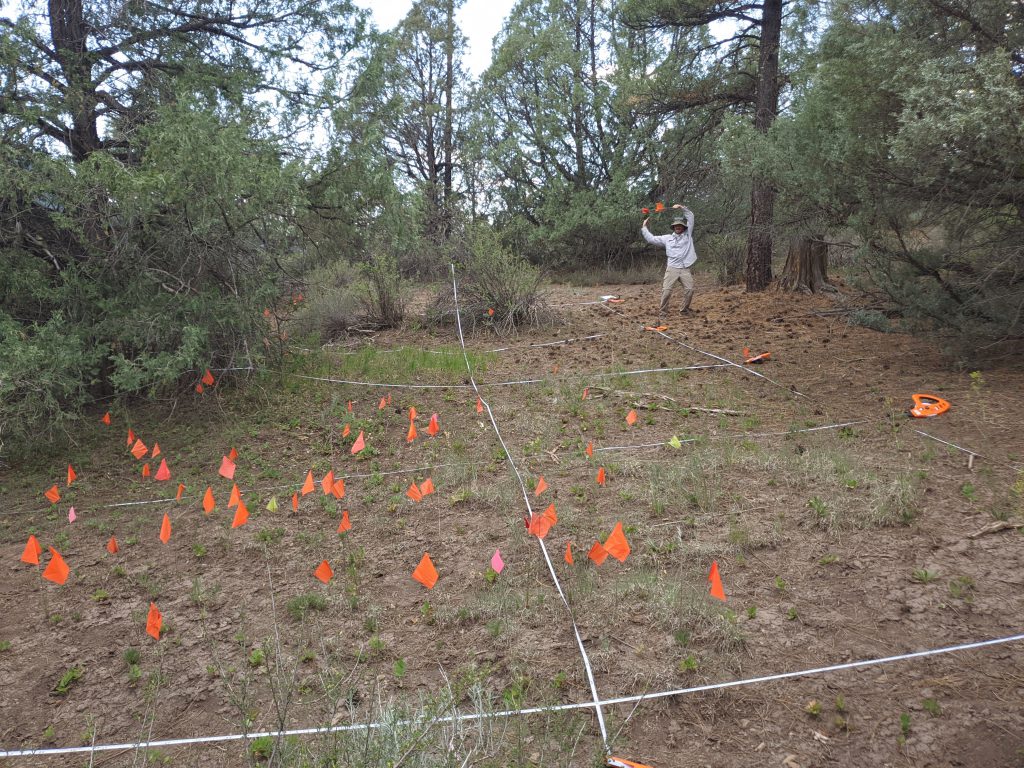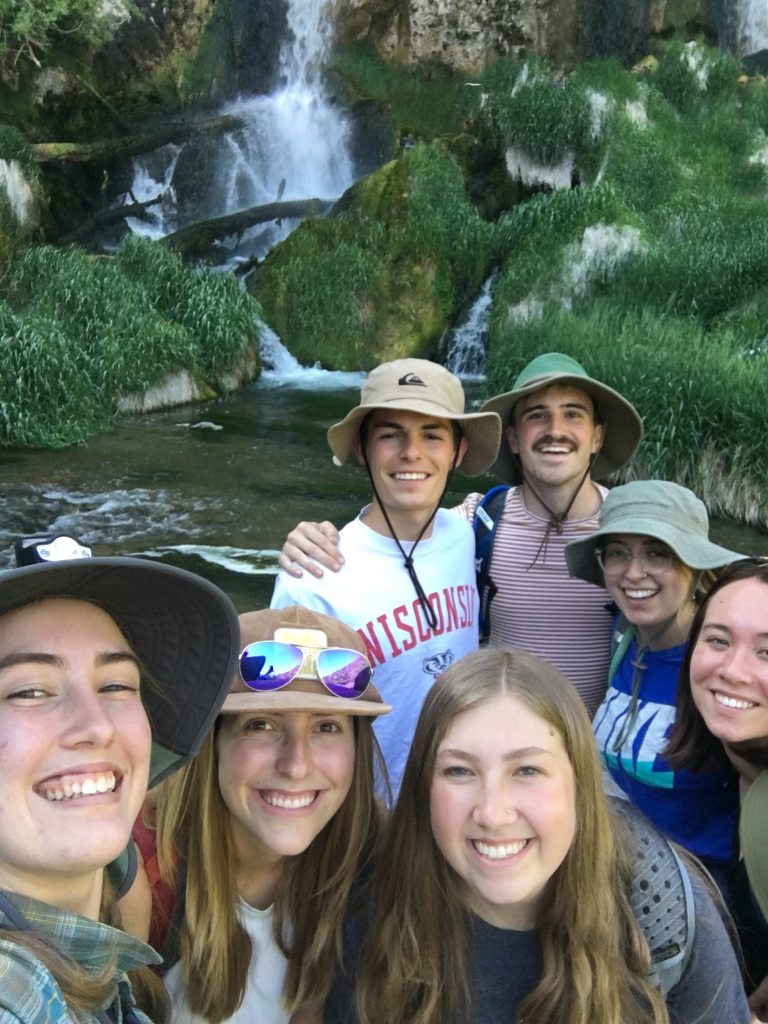The Siegele Conservation Internship played a pivotal role in my experience as a natural resource major. My name is Chris and I am a senior finishing my undergraduate degree in Ecosystem Science and Sustainability with the Colorado Natural Heritage Program. This summer I have had the privilege of working alongside exceptional conservation professionals in an internship designed to expose students to the real life experiences of working in conservation. Through working on a large variety of projects in different areas of expertise interns gain diverse experiences that have lasting impacts.
One of my favorite parts of the internship were the mentors I got to work with. Each mentor was passionate and committed to their work and to interns’ understanding of the project, its purposes and implications. They expressed and instilled the need for conservation research in the broader scale of climate change and what it means for us and the future. I found it easy to learn from them as you are never just a bystander but are actively involved with them working on the project at hand. Each mentor was as kind as they were knowledgeable, making connections with interns and serving as guides as we try to further our understanding of the natural resource world.
This experience provided me with experience and knowledge that I find best to break into a few categories.
- Natural Sciences
These projects provided me with a stronger understanding of botany, zoology, and ecology. Some lessons learned are plant and animal ID, how to key plants, lessons on plant and animal anatomy, and plant families and their differences. We were given in depth lessons on native grasses and trees which greatly helped my understanding of Colorado’s plant communities. Many mentors are expert birders and would often point out species based on calls and physical characteristics. - Scientific design and methods
Working on different projects allowed me to learn a variety of different methods used to gather data for the projects. These included establishing plots, setting traps along transects, historical site monitoring, and the GLORIA project. Mentors explained how and why they chose certain methods and designs for their projects, giving interns a large scale perspective on research projects in general. - Outdoor skills
Working outdoors during the summer is not always easy, especially in remote locations. The 6 day backpacking trip in the alpine of the Pecos Wilderness in New Mexico was deeply immersive in living outdoors. Filtering water, using dehydrated meals, living and working at alpine elevation, using bear bags, and summiting trailless 13,000ft mountains taught me so much about being in true wilderness. - Understanding of logistics in conservation
There are many aspects of conservation I learned about this summer. Some examples include learning about land trust organizations and conservation easements, how scientists get projects and funding from different state organizations, which organizations handle specific types of projects, operations of parks from national parks to county open spaces, and data use and licensing. These are just some of the logistical processes in the natural resource world that are not taught in classes but have to be learned through real world experience.
I would highly recommend this internship to anyone interested in conservation or ecology in general. This internship is definitely for people who want to spend their summer outdoors, being physically active, exploring Colorado. This internship provided me with some of the most fantastic experiences I have had, the amount of knowledge I have gained and the people and places I have got to work with have been invaluable to me as a natural resource professional.






